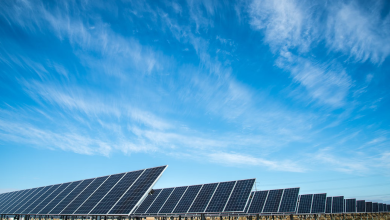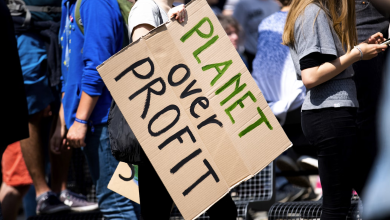Is Climate Change Driving The Growing Attack Of Viruses?

Officially, the latest COVID-causing JN.1 subvariant hasn’t arrived in the Indian metropolitan city of Mumbai. But it has already entered Thane, located just 40 km away. The distance remains insignificant for a virus that caused a pandemic almost four years ago.
JN.1 is being seen as mild as there is no corresponding increase in deaths and hospitalisations in India. But data shows COVID claimed 1,311 lives between December 10 and 17 across the globe. The viral infection has seen a shocking rise in European countries and Singapore.
2023: Multiple Outbreaks Of Several Viruses
JN.1 is reportedly highly transmissible. Civic health officials claim most of the daily 10- to 20-odd detections are accidental findings or among people taking a pre-surgery COVID test. People have been asked not to worry at the moment.
Nonetheless, viruses have dominated Mumbai’s healthscape for most of 2023. The COVID-causing SARS-COV-2 virus overshadowed most other viruses between 2019 and 2022. But 2023 saw multiple outbreaks of several viruses responsible for measles, influenza and even dengue.
For Mumbaikars, the current year’s beginning saw several children getting measles. The factor behind the world’s worst global outbreak of measles in 2022 was a break in measles vaccination coverage due to the pandemic in 2020 and 2021.
The city also reported a huge influenza outbreak. In addition, dengue cases reached 17,000-plus in Maharashtra, amid Mumbai accounting for the highest chunk of 5,261 cases. Experts have blamed climate change and air pollution for the rising attack of viruses on the population.
Scientists Don’t Expect COVID To Disappear
But senior medical consultant Dr Pratit Samdani doesn’t believe the viruses have become more virulent, noting “better awareness among people” following the pandemic and adding that “now, people rush to the doctor when they get a very high fever with respiratory problems.”
Read More: Indian Marathon Runner Seeks To Sustain Momentum Generated By COP28
Scientists don’t expect COVID to disappear. Just as H1N1 keeps reappearing every year, they believe COVID will remerge for a bit and subside. The majority scientific opinion is that COVID surges are likely every few months. But some suggest to wait and watch.



